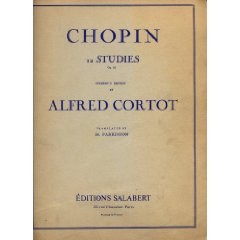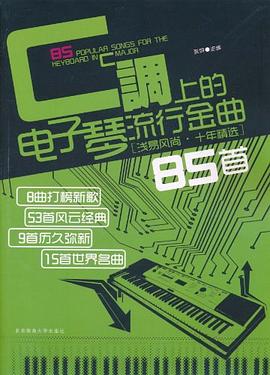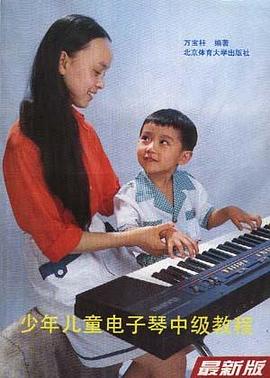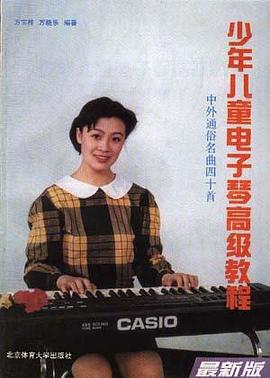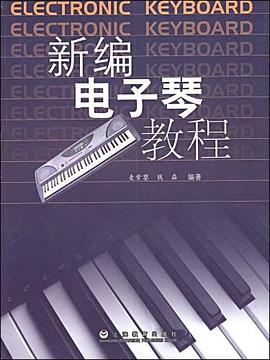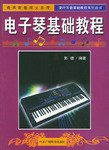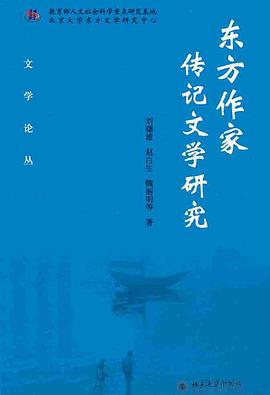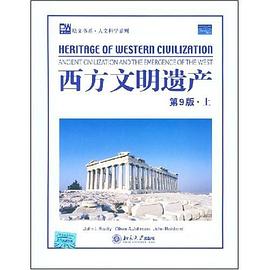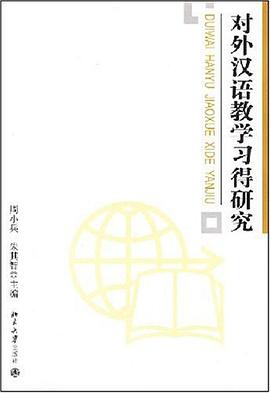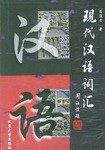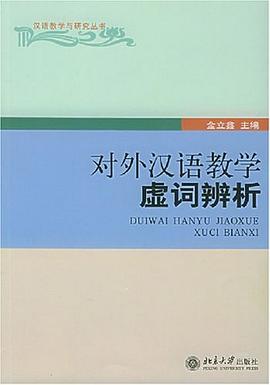

具体描述
“Number One” was a phrase my father—and, for that matter, my mother—repeated time and time again. It was a phrase spoken by my parents’ friends and by their friends’ children. Whenever adults discussed the great Chinese painters and sculptors from the ancient dynasties, there was always a single artist named as Number One. There was the Number One leader of a manufacturing plant, the Number One worker, the Number One scientist, the Number One car mechanic. In the culture of my childhood, being best was everything. It was the goal that drove us, the motivation that gave life meaning. And if, by chance or fate or the blessings of the generous universe, you were a child in whom talent was evident, Number One became your mantra. It became mine. I never begged my parents to take off the pressure. I accepted it; I even enjoyed it. It was a game, this contest among aspiring pianists, and although I may have been shy, I was bold, even at age five, when faced with a field of rivals.
Born in China to parents whose musical careers were interrupted by the Cultural Revolution, Lang Lang has emerged as one of the greatest pianists of our time. Yet despite his fame, few in the West know of the heart-wrenching journey from his early childhood as a prodigy in an industrial city in northern China to his difficult years in Beijing to his success today.
Journey of a Thousand Miles documents the remarkable, dramatic story of a family who sacrificed almost everything—his parents’ marriage, financial security, Lang Lang’s childhood, and their reputation in China’s insular classical music world—for the belief in a young boy’s talent. And it reveals the devastating and intense relationship between a boy and his father, who was willing to go to any length to make his son a star.
An engaging, informative cultural commentator who bridges East and West, Lang Lang has written more than an autobiography: his book opens a door to China, where Lang Lang is a cultural icon, at a time when the world’s attention will be on Beijing. Written with David Ritz, the coauthor of many bestselling autobiographies, Journey of a Thousand Miles is an inspiring story that will give readers an appreciation for the courage and sacrifice it takes to achieve greatness.
作者简介
中国的钢琴彗星。5岁时在沈阳钢琴比赛中获第一名,之后连续获得第五届星海杯钢琴比赛第一名,第四届德国国际青少年钢琴家比赛第一名和杰出艺术成就奖;13岁获第二届柴可夫斯基国际青少年音乐家比赛第一名。2002年荣获伯恩斯坦艺术成就大奖,该奖项专为职业艺术家而设立,郎朗是全世界第一位享此殊荣的艺术家。同年入选美国杂志《青少年众生相》评选的"未来将影响世界的20名青少年";2003年,荣获斯坦威150年……
目录信息
读后感
我感觉 :::: 如果家长把这本书当作给孩子的立志书那就错了,变态般的父亲把自己的期望全部给了孩子,在中国也有不少这样的家长,但是为什么郎朗成功了 ,本身郎朗自身具有天赋是不可否认了,但是 值得注意的是,郎朗本身就是具有竞争性,从书中看出本身有种自大的精...
评分不知道大家看这本书的初衷都是怎样的。满足好奇心?了解他的人生经历?抑或是想要为自己的不忿寻找依据? 本来我并没有太多的话要说,也没想要写评论,可是在这里很多人的评论都在以一种不屑的姿态说:I just don't buy it. 郎朗的成长经历偏离了正常轨迹,他与他的家人在某些...
评分 评分这两天看育儿的书,想起了高中时读过的《郎朗自传》,这本书是我从好友处借阅的,看得很匆忙,但是现在依然能记得很多内容。 郎朗不是忧郁王子型的,他性格外向,甚至有些张扬。前段时间他还上了《吐槽大会》,脱口秀说得蛮好的,时不时东北味儿就出来了,你稍微感觉到有点违和...
评分拿到书一看封面: 郎朗著,大卫·里兹文字协助,李灵译 我就晕了一下:原来是写给老外的,这本只是老外“协助”中国人写的英文书又翻译给中国人看。。。 这本书的前几章我是断断续续读下去的,因为很容易被做作的蚊子腻倒,就像在看他演奏时候的表情一样。 我以前一直...
用户评价
he is an interesting person
评分Wenn Lang Lang, vielleicht nicht alles, was ich heute erreicht im Klavier.
评分"Contests aren't always fair, and talent doesn't always win out."Professor Zhu Ya-Fen是朗朗生命中的贵人。
评分好同情小郎朗
评分好同情小郎朗
相关图书
本站所有内容均为互联网搜索引擎提供的公开搜索信息,本站不存储任何数据与内容,任何内容与数据均与本站无关,如有需要请联系相关搜索引擎包括但不限于百度,google,bing,sogou 等
© 2025 book.quotespace.org All Rights Reserved. 小美书屋 版权所有

